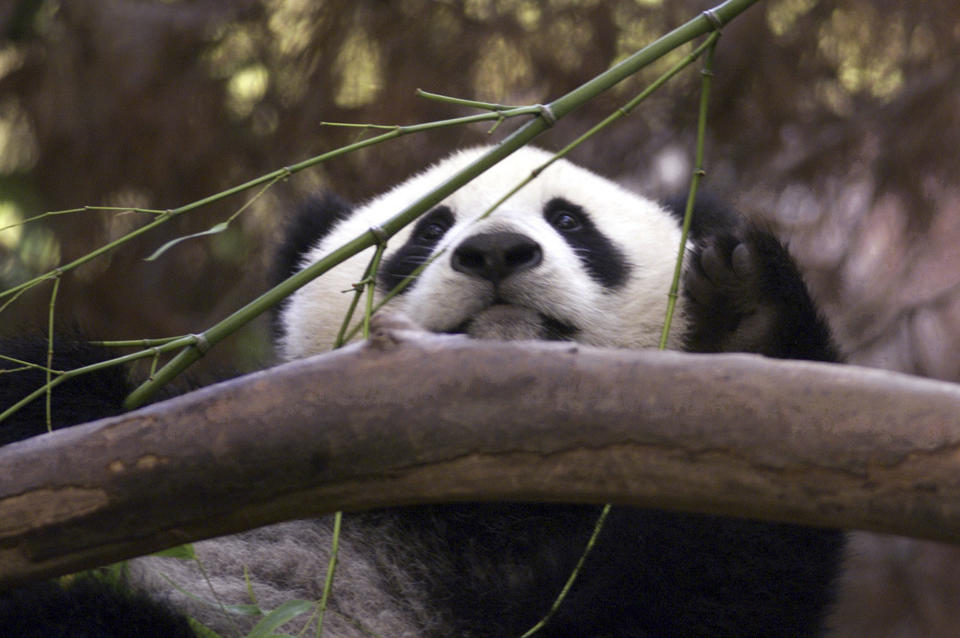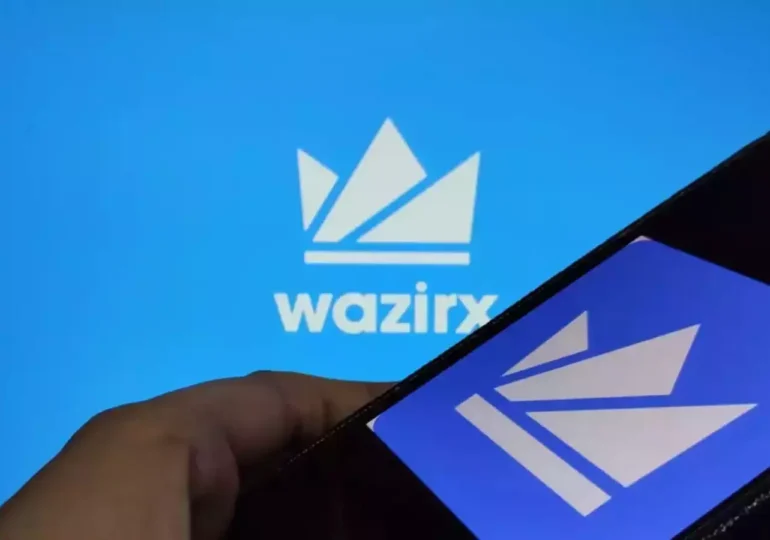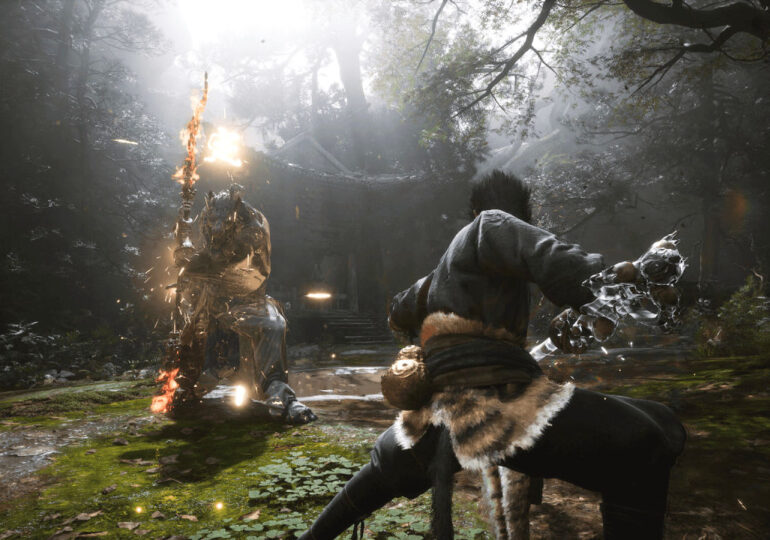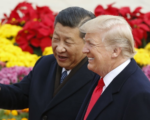China’s Newest Panda Diplomats Arrive in Washington

Two adorable pandas, Bao Li and Qing Bao, have embarked on a journey to Washington, D.C., signaling a new era of “panda diplomacy” between the U.S. and China. The three-year-old pandas left China from their research base in Dujiangyan, Sichuan, on Monday night, boarding a specially chartered FedEx Panda Express flight. These pandas are the first pair sent to the U.S. capital in 24 years, following the return of the previous pandas to China last November.
The Smithsonian’s National Zoo is eagerly anticipating their arrival, with millions of visitors awaiting the reopening of the revamped panda exhibit. Over the past year, the absence of pandas has left a void at the zoo, which had long been one of its star attractions.
Panda Diplomacy Amid Global Tensions
While the pandas’ arrival symbolizes the long-standing friendship between China and the U.S., their journey comes at a time of tense political relations between the two superpowers. In recent years, disagreements over trade, technology, and geopolitics have soured diplomatic exchanges. However, the return of pandas to Washington offers a rare bright spot, reflecting a shared commitment to conservation.
Panda diplomacy traces its origins to 1972, when China sent its first pair of pandas to Washington following President Richard Nixon’s groundbreaking visit to Communist China. This soft power strategy continues today, with pandas acting as cultural ambassadors.
Preparation for the Long Flight
Much care has been taken to ensure the pandas’ well-being during their flight. Staff members from the National Zoo accompanied Bao Li and Qing Bao, working alongside their Chinese counterparts to guarantee a smooth transfer. Both pandas were taken off public display in early September and placed in quarantine, allowing them time to adjust to the upcoming journey.
Their personalized in-flight meals include corn buns, bamboo shoots, and carrots. Panda keeper Mariel Lally assured that the pandas would have a “comfortable ride,” noting that their crates are large enough for them to stretch and move around during the long trans-Pacific flight.
Bao Li and Qing Bao’s Unique Personalities
Despite being only three years old, Bao Li and Qing Bao have already developed distinct personalities. According to their Chinese caretaker Ren Zhijun, Bao Li is the more energetic and voracious eater, while Qing Bao enjoys sleeping and favors carrots and apples. Bao Li’s mother, Bao Bao, was born at the National Zoo in 2013, giving him deep roots in Washington. Zoo staff have likened him to his grandfather, Tian Tian, a former panda resident at the zoo.
A New Chapter for the National Zoo
Bao Li and Qing Bao will be on loan to the National Zoo for 10 years, with an annual fee of $1 million paid to support panda conservation efforts in China. Their arrival signifies the continuation of a partnership that has spanned decades, emphasizing the importance of global cooperation in animal conservation.
National Zoo Director Brandie Smith expressed excitement about the pandas’ arrival, hailing it as a “historic moment.” The panda exhibit, which draws millions of visitors annually, also features the Giant Panda Cam, a live streaming service that has garnered over 100 million views since its inception in 2000. Fans from all over the world are expected to tune in as Bao Li and Qing Bao settle into their new home.
Controversy and Concerns
Not everyone is pleased with China’s decision to loan pandas abroad. Some Chinese netizens have voiced concerns about the pandas’ treatment in U.S. zoos, fueled by nationalistic sentiment and misinformation spread on social media. However, the China Conservation and Research Center for Giant Pandas has repeatedly denied these rumors, emphasizing the significance of international cooperation in panda conservation. The center urged the public not to believe baseless claims about mistreatment.
For now, Washington’s residents and visitors can look forward to the return of their beloved pandas, as the city prepares to welcome Bao Li and Qing Bao with open arms.





















